Optimal Timing for Waterproofing
Waterproofing is an essential process to protect structures from water intrusion, which can lead to structural damage, mold growth, and other issues. The optimal timing for waterproofing depends on various environmental and project-specific factors, ensuring the application is most effective and durable.
These seasons typically offer moderate temperatures and lower humidity, ideal for waterproofing applications. Proper curing and adhesion are more likely when conditions are stable.
Periods with minimal rainfall and stable weather conditions reduce the risk of water exposure during application, ensuring better results.
Applying waterproofing prior to seasons with expected heavy rain can provide ongoing protection and prevent water ingress during peak moisture periods.
Consistent temperatures, avoiding extremes of heat or cold, support optimal curing and adhesion of waterproofing materials.
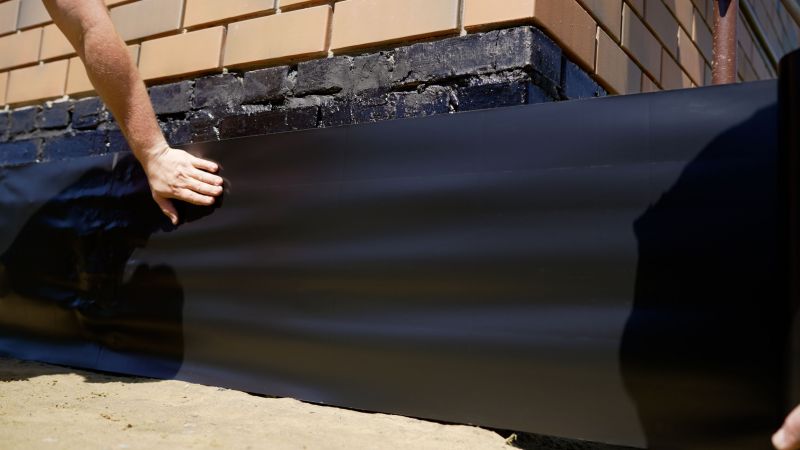
A technician applying waterproofing membrane during springtime favorable weather.
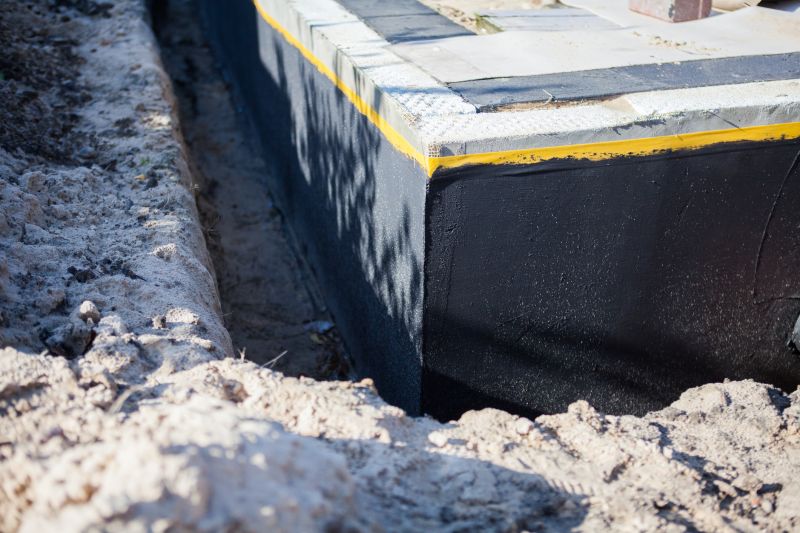
A crew sealing a foundation during a dry period to ensure optimal adhesion.
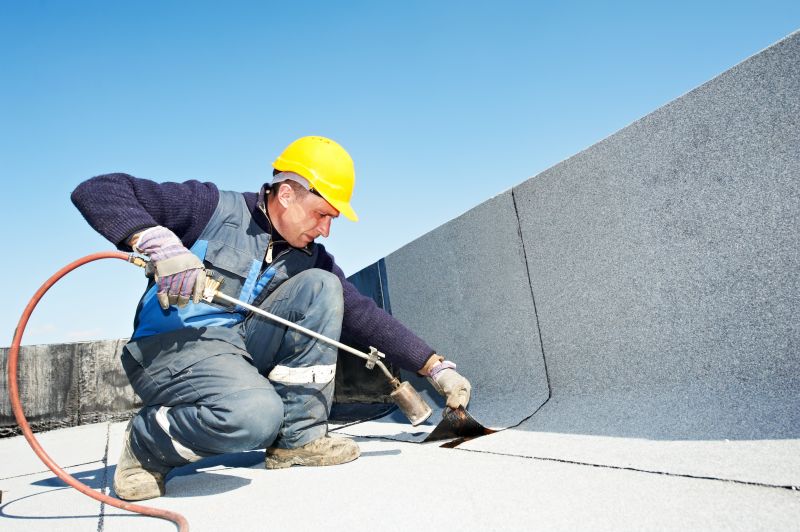
Applying waterproofing before heavy rainfall season begins.
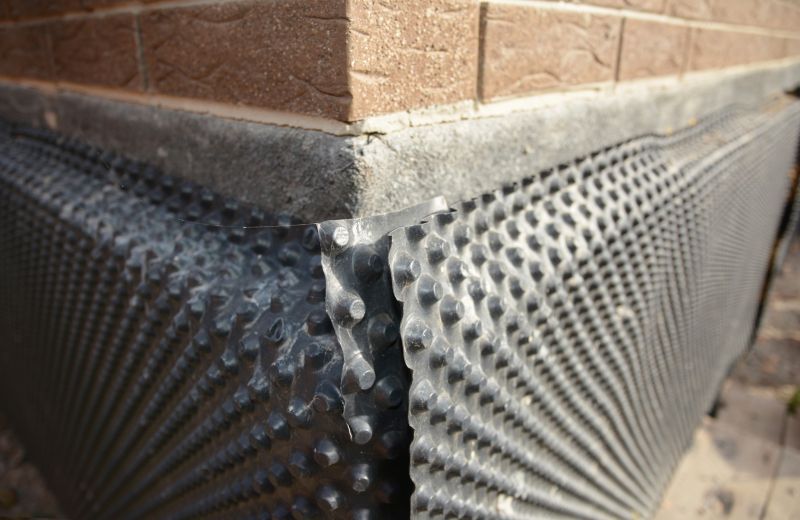
Ensuring temperature stability for effective waterproofing.
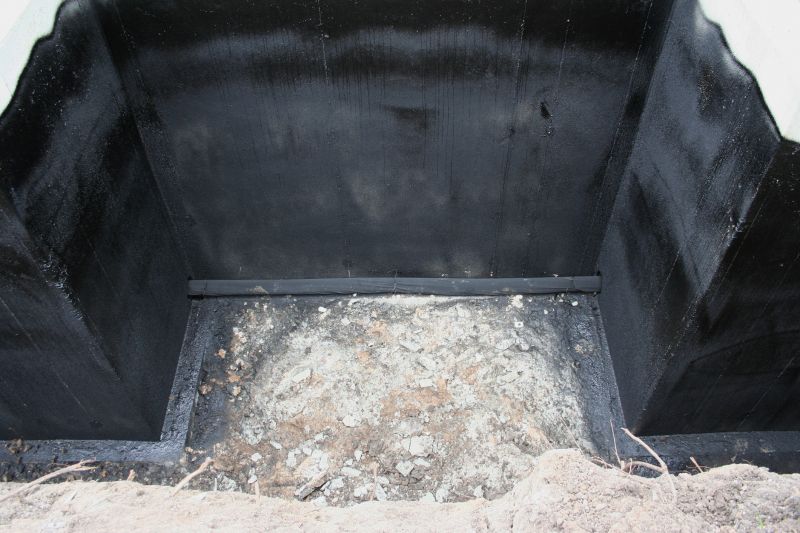
Sealing a basement after initial construction stages.

Applying waterproofing materials during summer weather conditions.
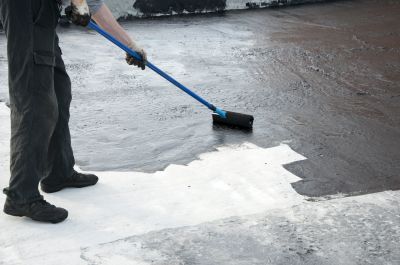
Roof waterproofing being performed in dry weather.

Interior waterproofing application on basement walls.
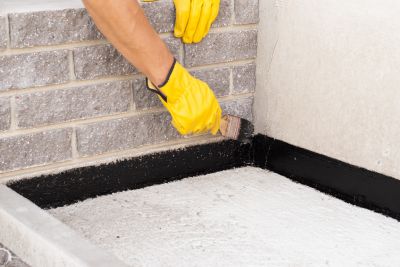
Applying protective sealant to exterior walls during optimal weather.
| Season | Ideal Conditions |
|---|---|
| Spring | Moderate temperatures, low humidity, dry weather |
| Early Summer | Stable weather, warm temperatures, little rain |
| Late Summer | Consistent warmth, minimal rainfall |
| Early Fall | Cooling temperatures, dry conditions |
| Late Fall | Cooler weather, less rain |
| Winter | Not recommended due to cold temperatures and moisture |
| Pre-Rainy Season | Dry period before heavy rainfall begins |
Waterproofings utilize advanced materials like membranes, sealants, and coatings designed to prevent water penetration. Proper timing ensures these materials cure correctly and form lasting barriers. Statistics indicate that applying waterproofing during optimal weather conditions can extend the lifespan of the protection system by up to 30%, reducing long-term repair costs and structural risks.
Environmental factors such as temperature fluctuations, humidity levels, and precipitation directly impact waterproofing effectiveness. Planning application during suitable weather windows minimizes the risk of failure and maximizes durability. Regular inspections and timely reapplication, especially before seasons with high water exposure, are recommended for ongoing protection.
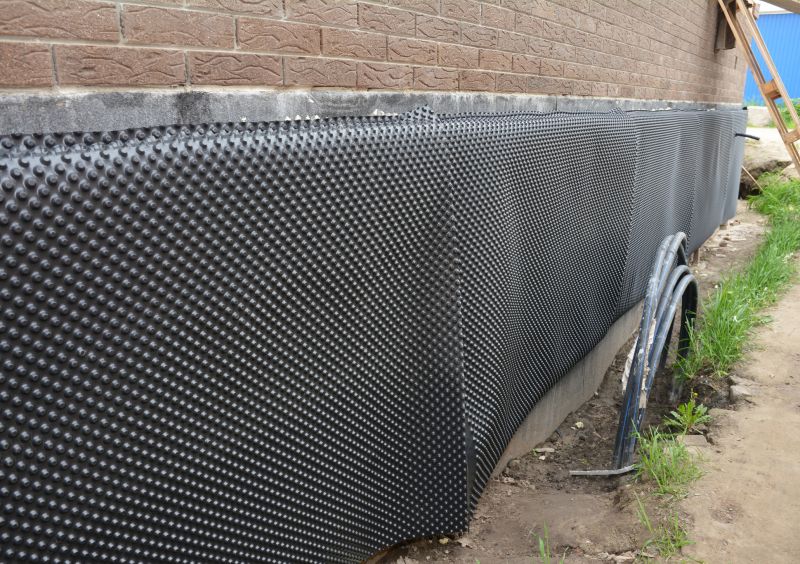
A professional applying waterproof sealant on a foundation.
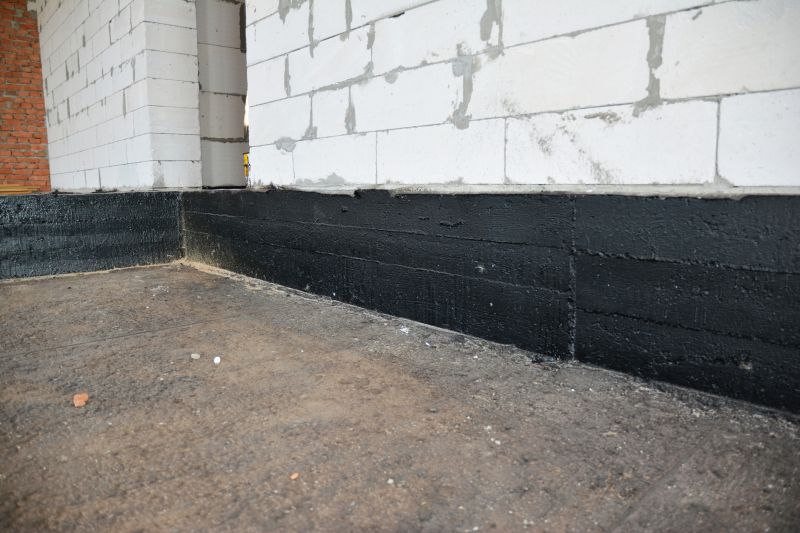
Exterior wall waterproofing during favorable weather conditions.
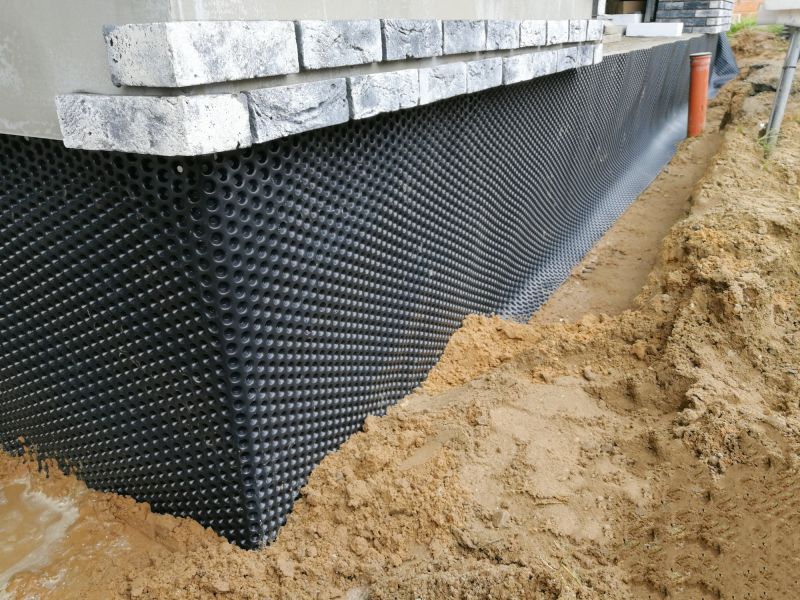
Interior waterproofing process in a basement setting.
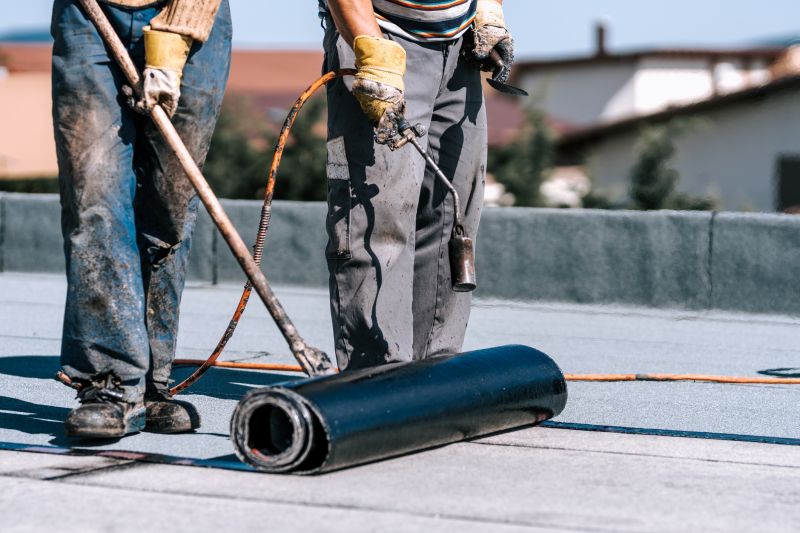
Applying waterproof membrane on a roof surface.
Interested parties are encouraged to contact for more information about waterproofing services. Proper timing and application techniques are crucial for long-term protection against water damage, ensuring structural integrity and peace of mind.

